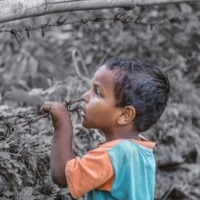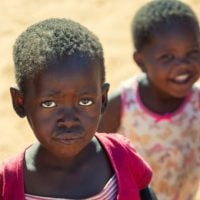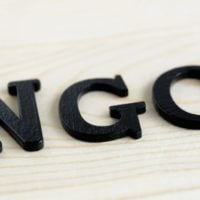Deadline: 30-Sep-2025
The European Commission is now accepting grant proposals to support Civil Society Organisations (CSOs) in South Africa. This initiative aims to foster active citizenship that leads to equitable, inclusive, sustainable, and value-driven development. The goal is to empower CSOs to play a meaningful role in shaping development strategies and outcomes across local communities.
One of the main objectives of this call is to strengthen the capacity of CSOs to lead participatory planning and development processes. These organisations are expected to engage in multi-stakeholder policy dialogues involving local communities, authorities, and the private sector. The initiative also focuses on enabling CSOs and local communities to contribute effectively to the just transition, including sustainable economic development, transparency, and accountability.
The programme aims to enhance the ability of CSOs to support environmental protection, CO2 emission reduction, and green transition efforts under the EU’s Global Gateway strategy. This includes raising awareness, driving community participation, and contributing to policy design and implementation.
Priority will be given to actions that build understanding of the Global Gateway Investment Package and its impact on sectors like energy, transport, digital transformation, and pharmaceuticals. Projects that help communities dependent on unsustainable resources to shift toward greener economic models are also encouraged. Additional priorities include youth and women’s entrepreneurship, climate awareness, biodiversity management, citizen participation, and digital innovation.
The total funding available under this call is EUR 3.625 million, with individual grants ranging from EUR 500,000 to EUR 1,000,000. However, the European Commission reserves the right not to allocate the full budget.
Some actions are not eligible for funding. These include projects focused solely on individual sponsorships or scholarships, actions that may violate human rights or environmental safeguards, and those supporting political or religious agendas. Projects primarily involving equipment procurement are also ineligible.
In terms of costs, any expenses that do not align with the contract conditions will be deemed ineligible. This includes debt service charges, previously financed expenses, purchases of land or property, in-kind contributions (except for volunteer work), and financial bonuses.
Eligibility for this grant involves several layers. The lead applicant must be a legal, non-profit entity such as an NGO, local authority, or public sector operator. They must be based in South Africa, an EU Member State, or another eligible country. However, if the lead applicant is not based in South Africa, at least one South African co-applicant is required. The lead applicant must also be directly involved in managing the proposed project.
Co-applicants are expected to share responsibility for project design and execution and must meet the same eligibility requirements as the lead applicant. If selected, co-applicants will become official grant beneficiaries.
Entities not considered eligible as affiliated partners include subcontractors, financial recipients from the applicant, collaborators bound only by memoranda of understanding, or those working under a consortium agreement.
For more information, visit EC.









































